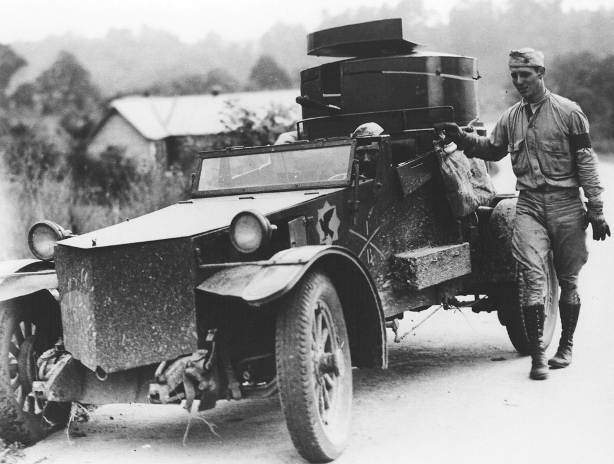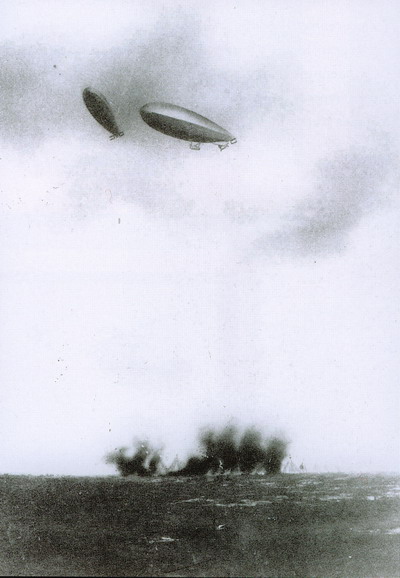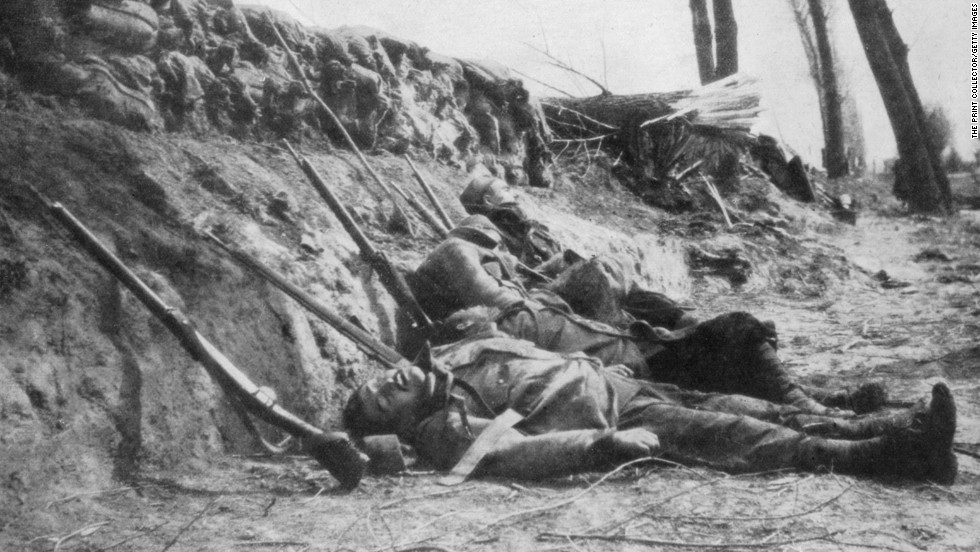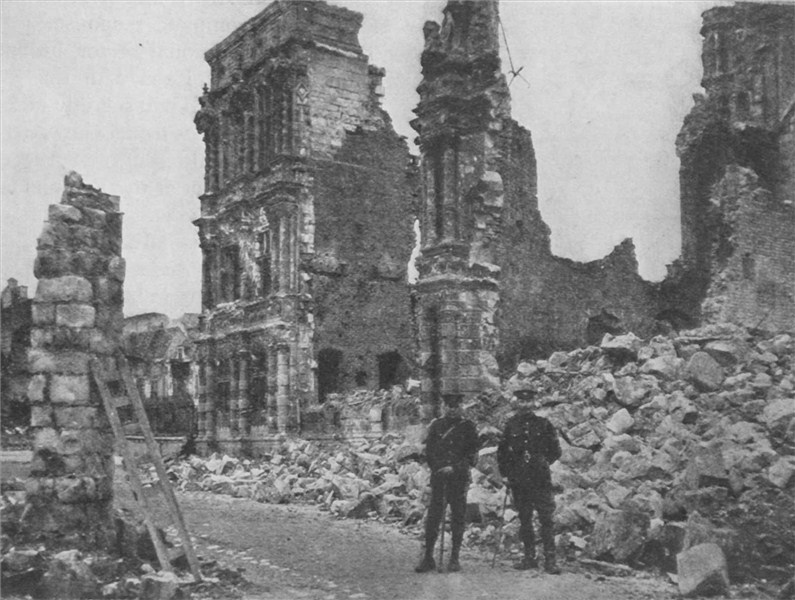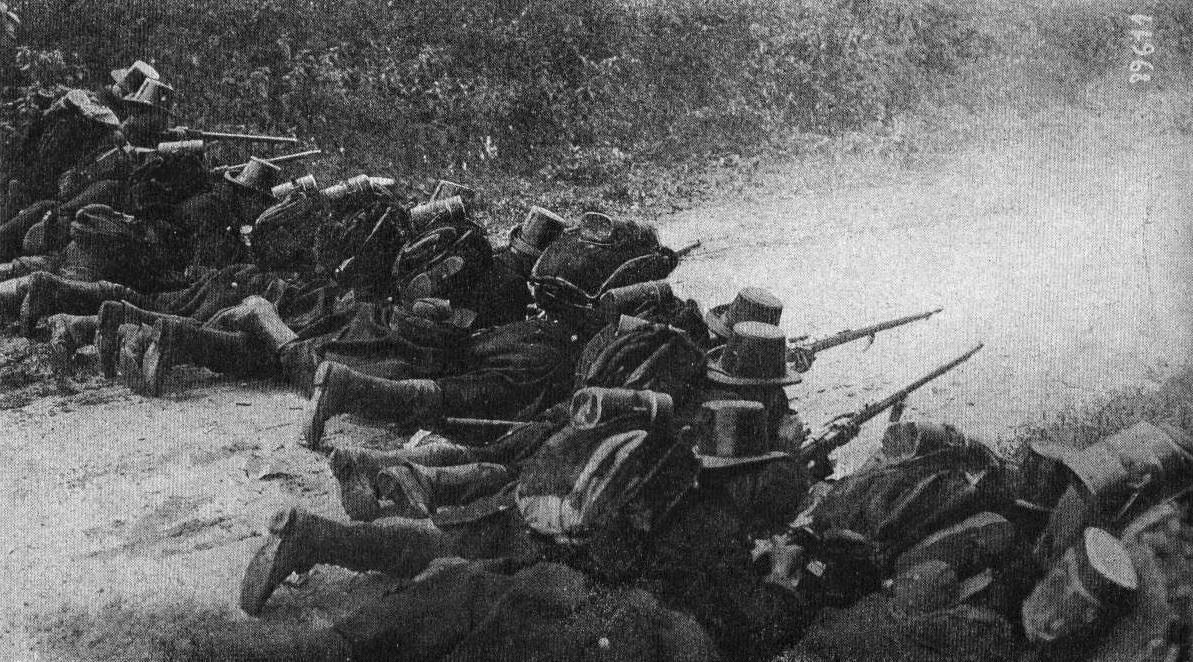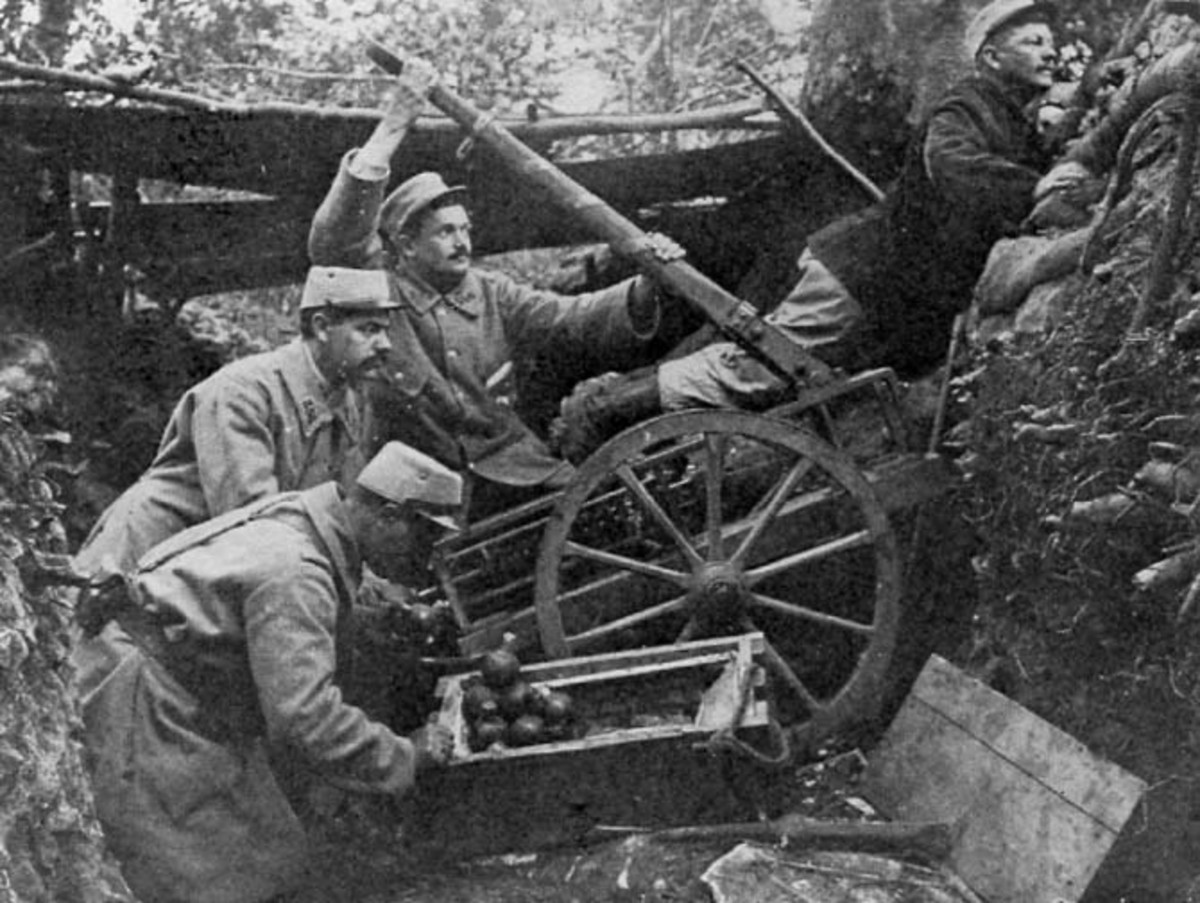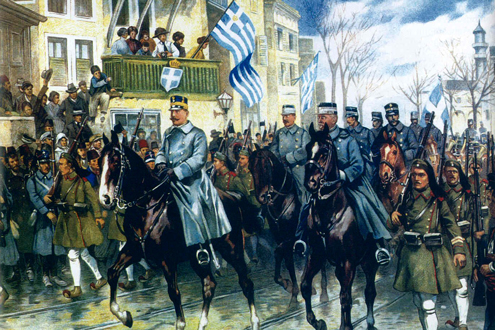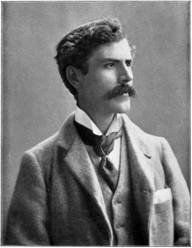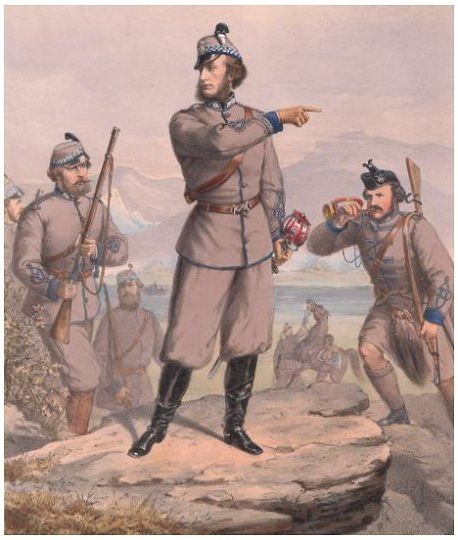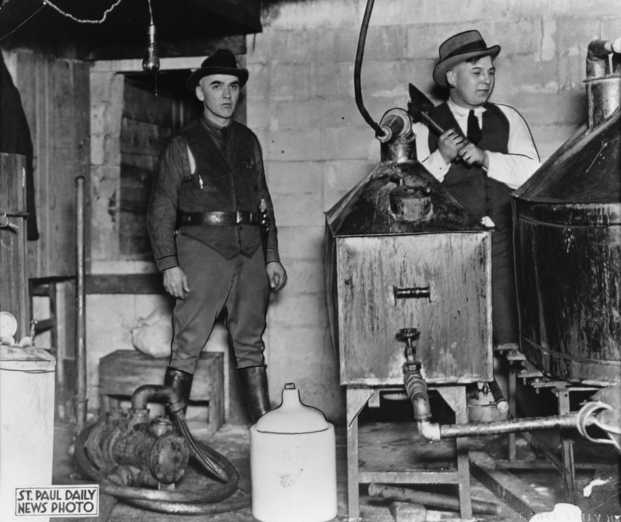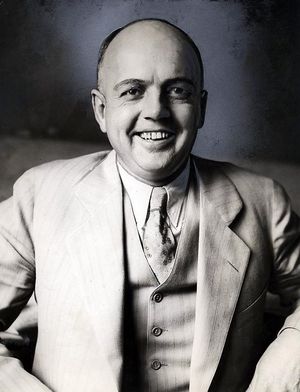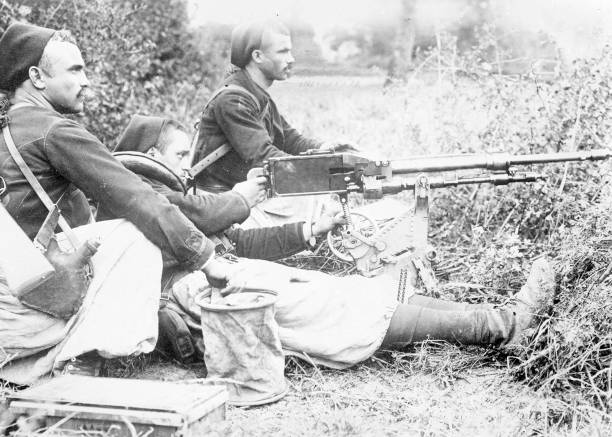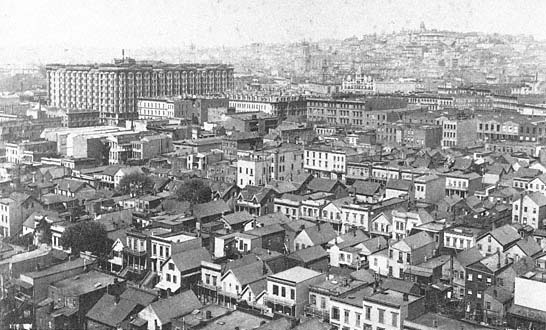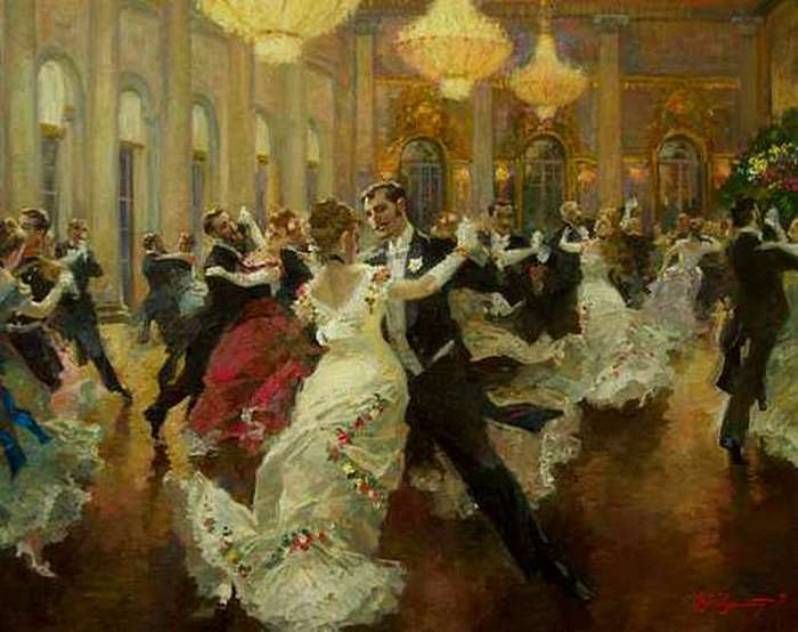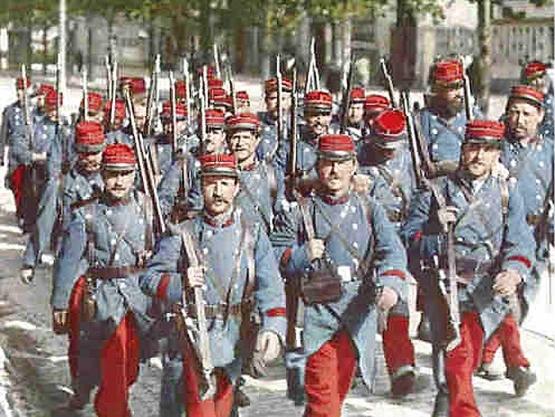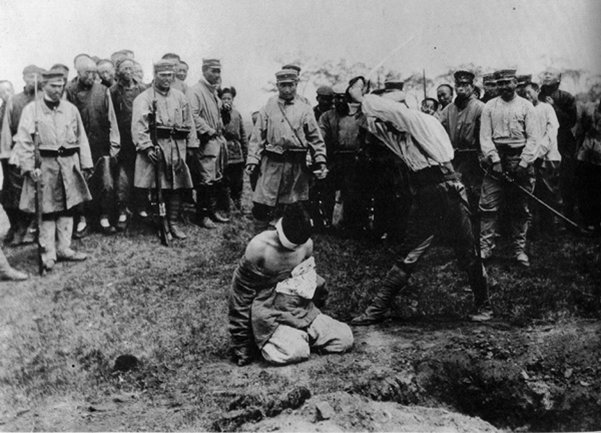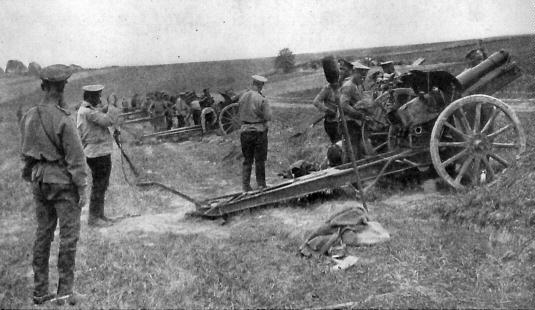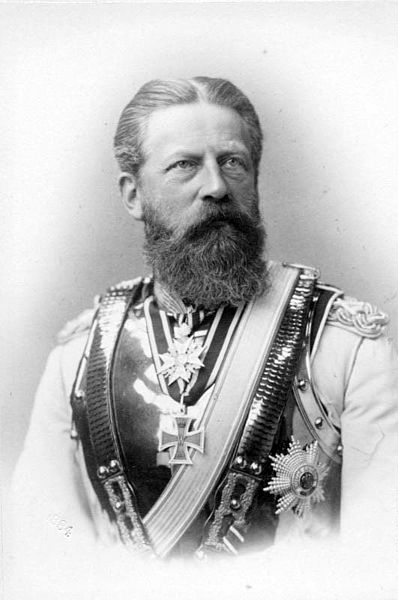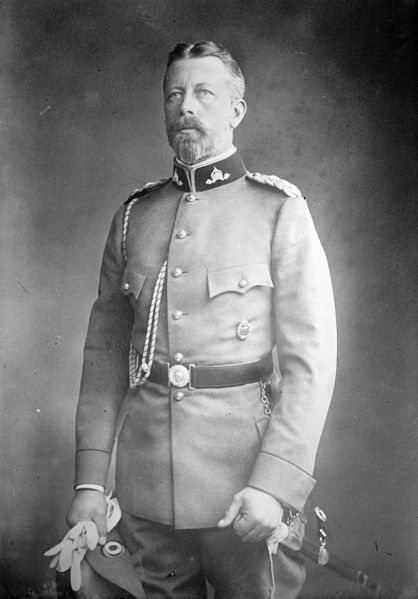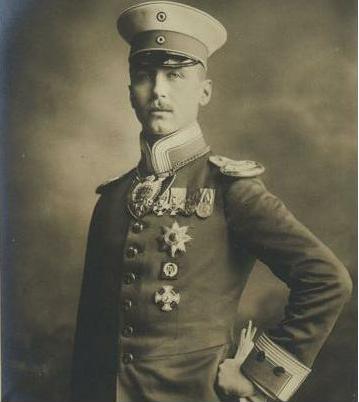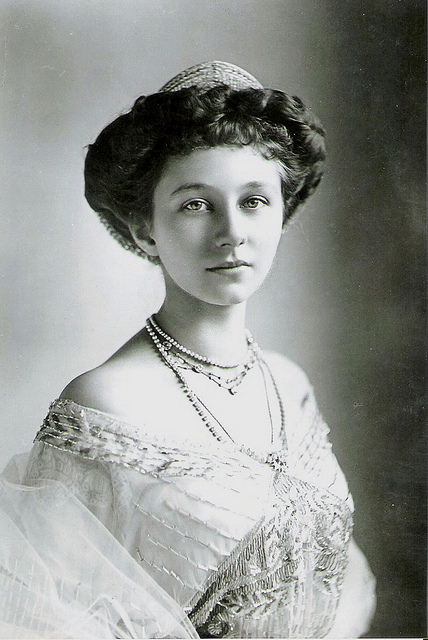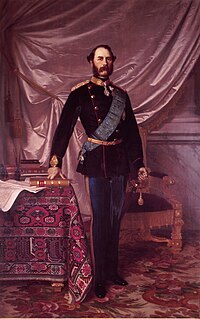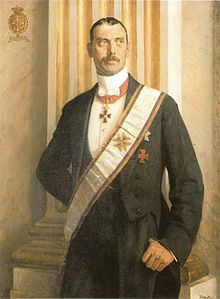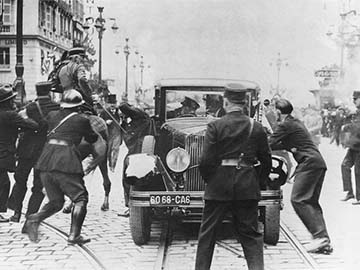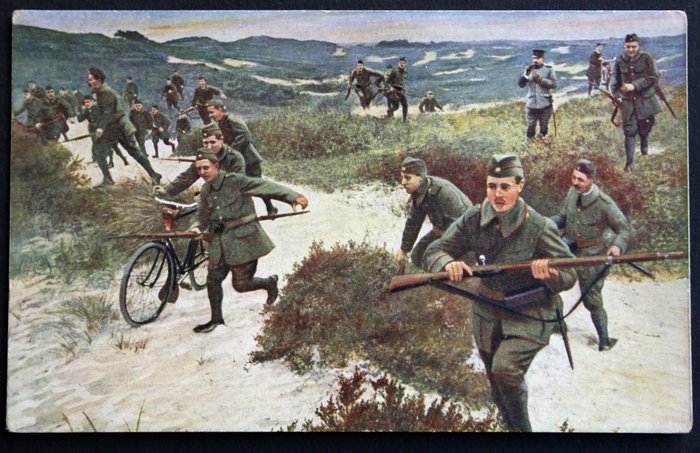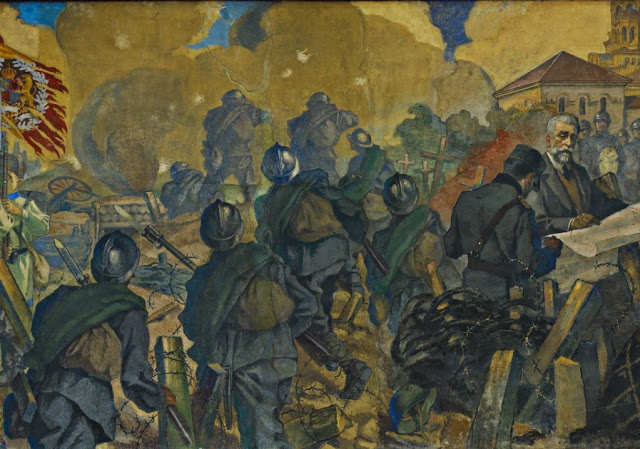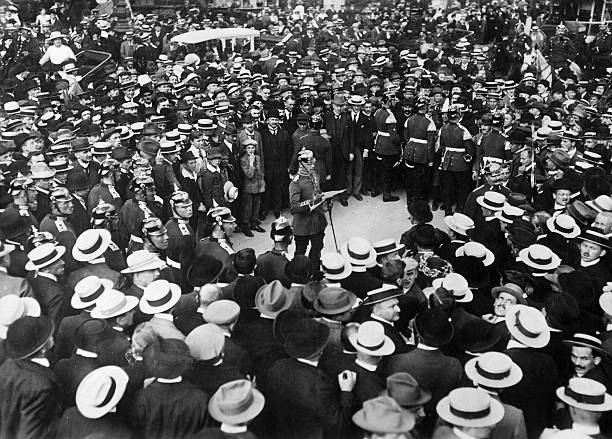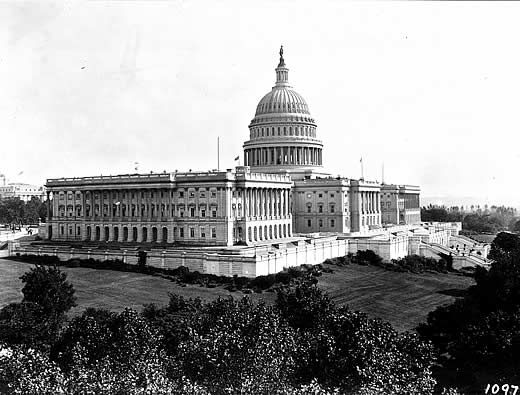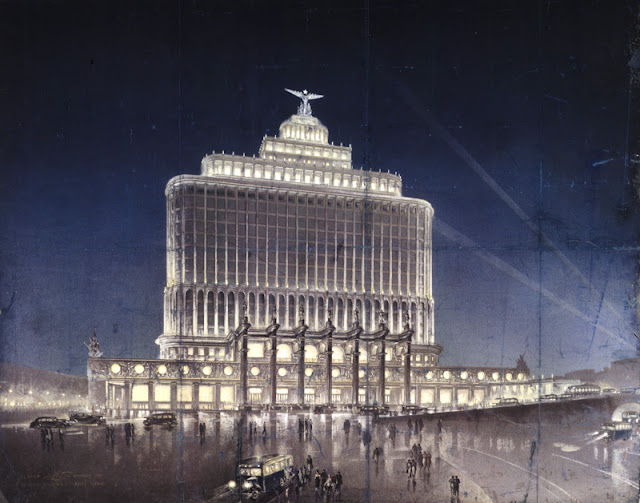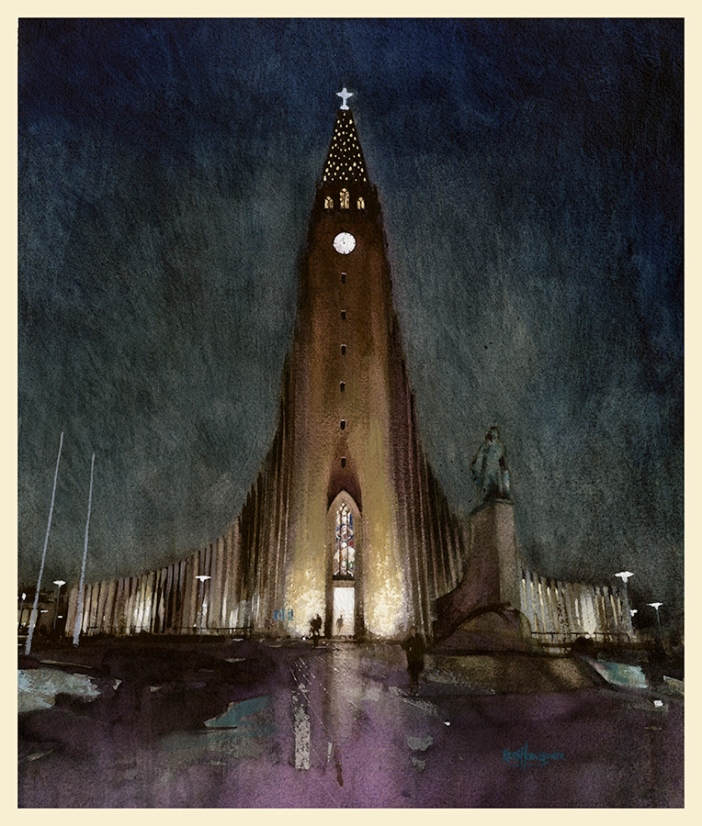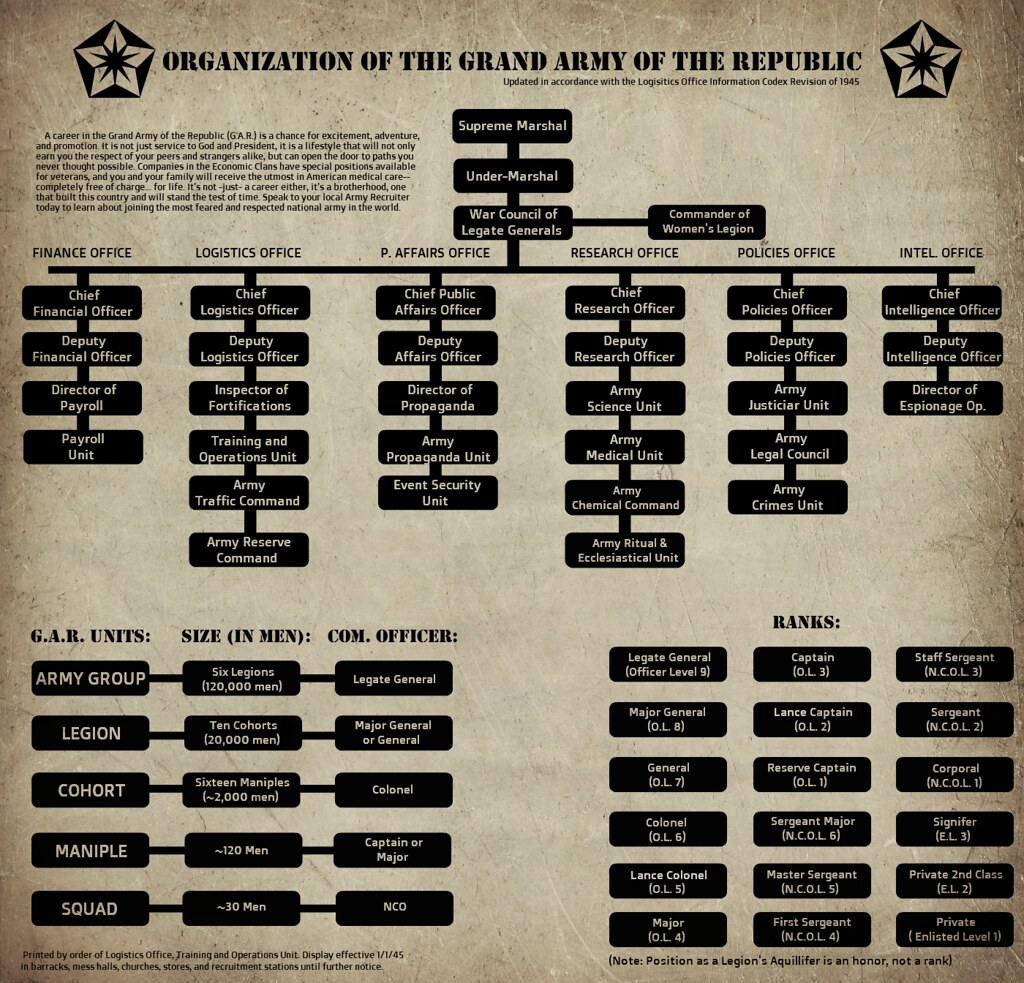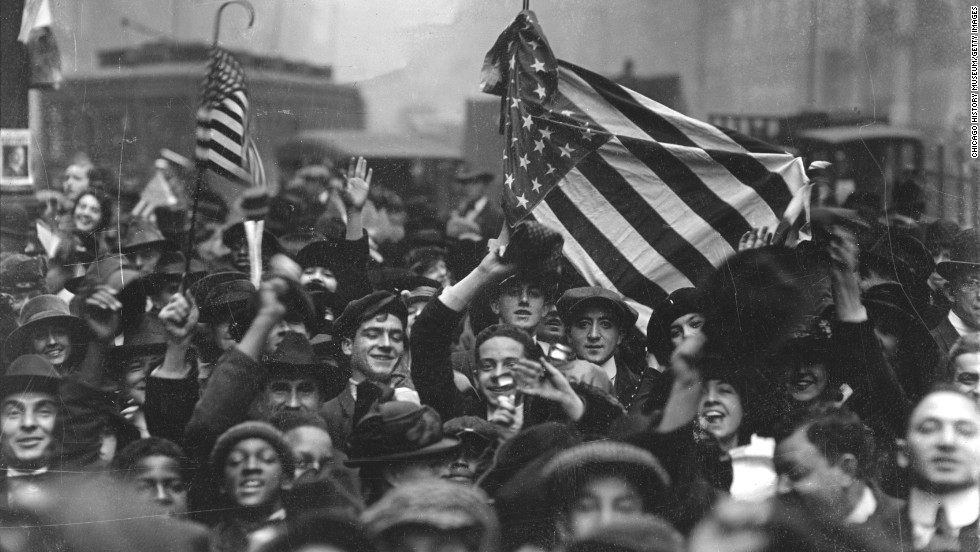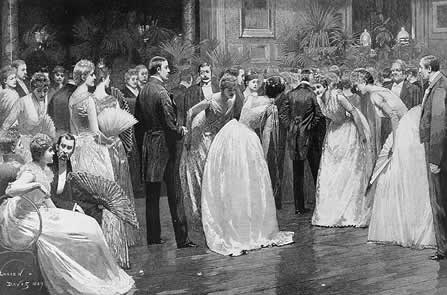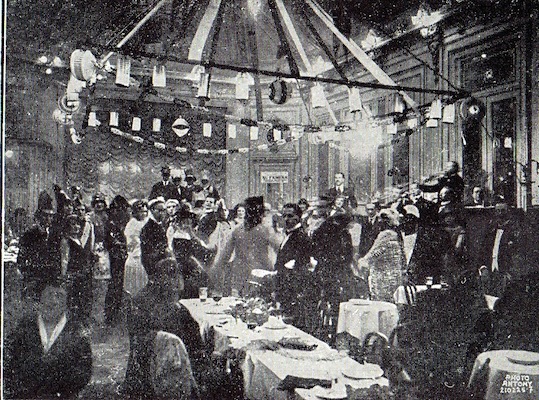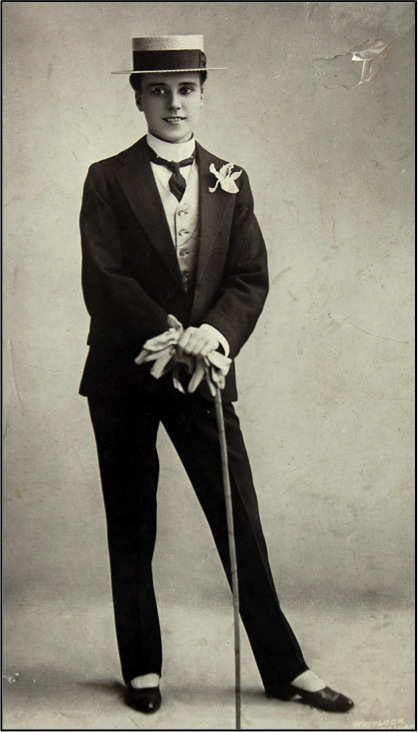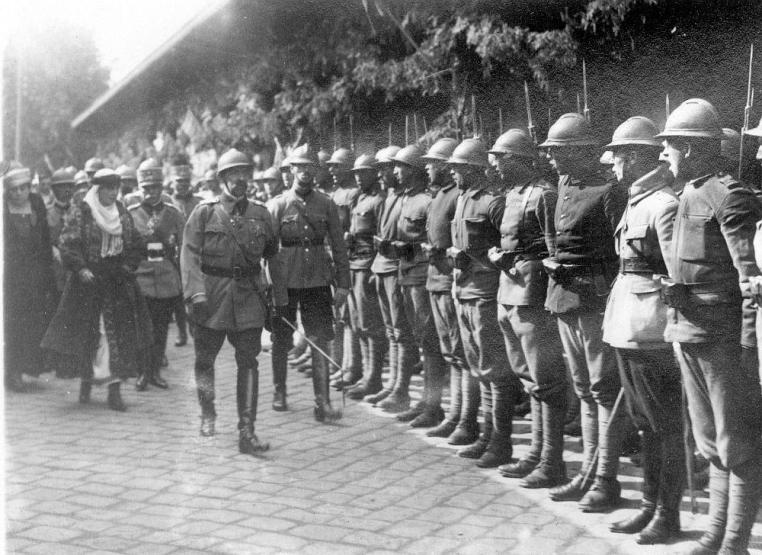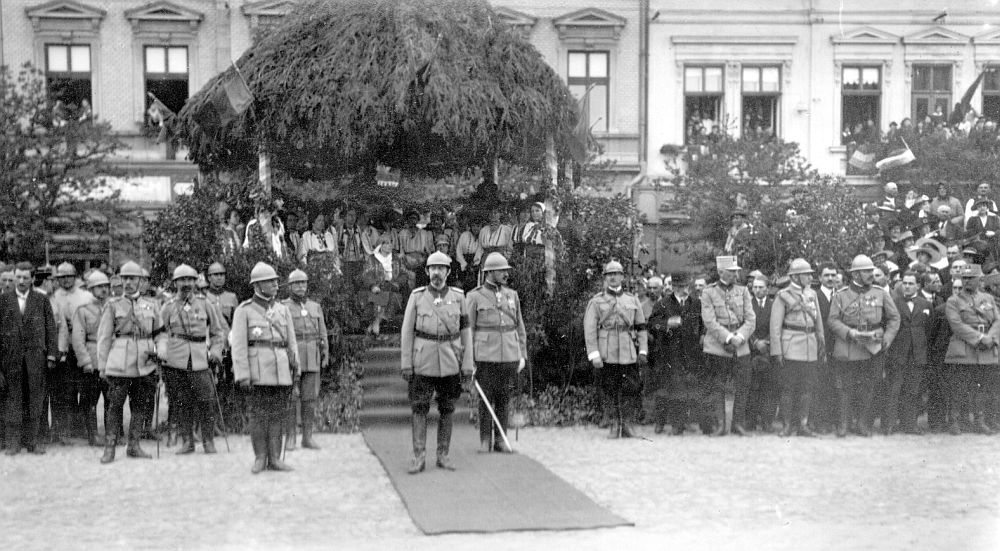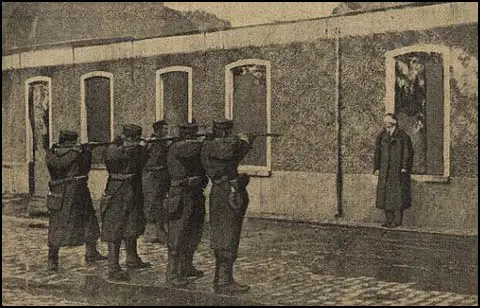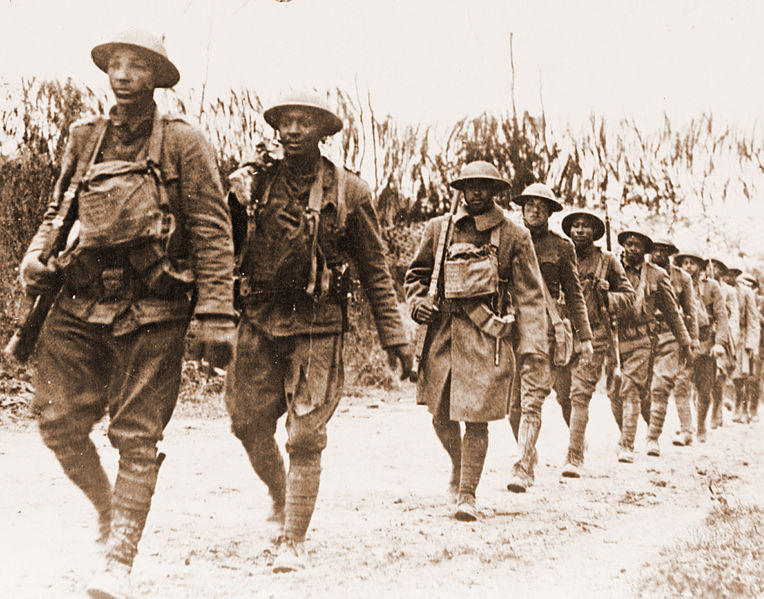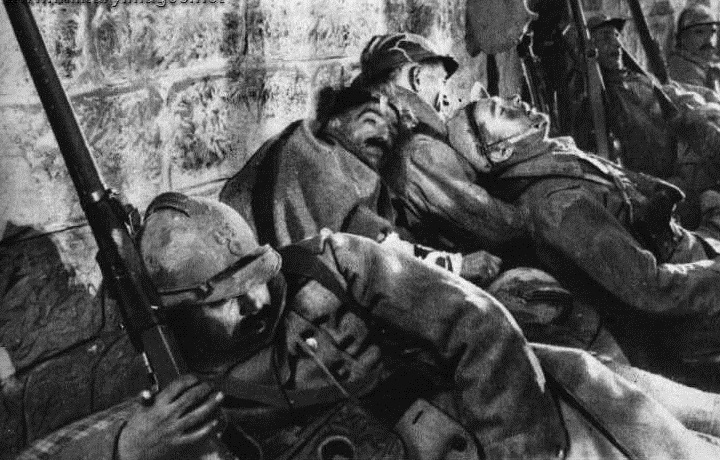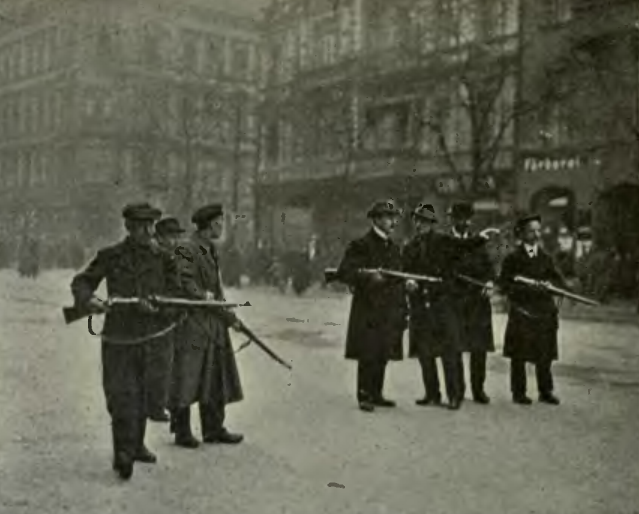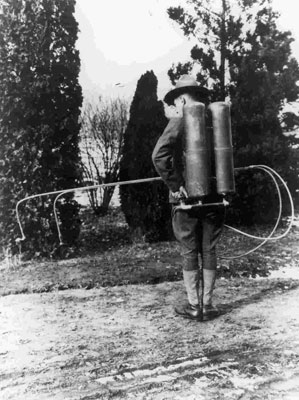CHAPTER 48
WE SHALL COME REJOICING
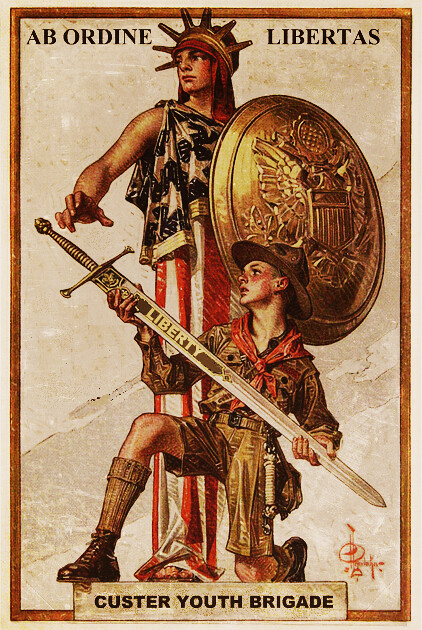
WE SHALL COME REJOICING

On my honor I will do my duty to my Headmaster-Marshal, Country, President,
and Heavenly Father.
I will obey the Law of the Union and be faithful to the
Everlasting Pledge of the Custer Youth Brigade.
I will help my countrymen at any time and I will keep myself strong
physically, mentally, and spiritually.
May this Everlasting Pledge be witnessed as an eternal bond
between myself and the Brigade.
May this bond of sacred honor stand forever and ever,
until my bones are dust and my soul is risen to Heaven.
Amen and All Hail!
-Everlasting Pledge of the Custer Youth Brigade
The culture of America at the turn of the century was one riding high on victory. The 1800s were behind them, and a new era had dawned. The days of the Old Republic and the Great Shatter were behind them. In its place was order, security, and stability. Custer was a rock, immovable and all-powerful. But his benevolent rule to the Betters of Society and the Manifest Destiny Party's ever-growing propaganda campaign against Inferiors and foreigners made the average American unable to even imagine a world where it could be any other way. To accept Inferiors or foreigners as equals was blasphemy, and most did not even have memories of the days before the AFC and its meteoric rise to become America's largest religion. Slowly, one year at a time, the old generations were dying out. The youth had no recollection of the days before President Custer. Thanks to unending waves of propaganda, America was drowning in patriotism and hubris. Those who opposed Custer or the Party were ruthlessly suppressed and "reeducated." With the advent of the radio, or talkiebox as Americans liked to call it, a wireless device for receiving broadcasts from stations equipped with massive signaling towers. The Union had been the foremost innovator in this field, realizing the massive potential for propaganda uses. Caesar was also quite interested, and Europa's research invented the same sort of devices around this same time. Using this new tool, Custer was able to reach right into the living rooms of every American.and Heavenly Father.
I will obey the Law of the Union and be faithful to the
Everlasting Pledge of the Custer Youth Brigade.
I will help my countrymen at any time and I will keep myself strong
physically, mentally, and spiritually.
May this Everlasting Pledge be witnessed as an eternal bond
between myself and the Brigade.
May this bond of sacred honor stand forever and ever,
until my bones are dust and my soul is risen to Heaven.
Amen and All Hail!
-Everlasting Pledge of the Custer Youth Brigade
Even in the formerly stubbornly traditional Old South, the memory of independence was fading. While millions still longed to throw off Northern oppression, most settled into a quiet complacency. Those who spoke out were arrested and dealt with. Black Southrons were also fiercely devout members of the AFC Church and loathed the supporters of Southron independence movements like the White League. And in the swamplands of Mississippi Delta and the bayous of New Antioch, a new culture was beginning to appear. Blacks who had no memory of slavery or taskmasters, but who still worked menial jobs, barely scraping by. Instead of blaming the government, they blamed the devil, and an extreme version of AFC superstition crossed with voodoo from blacks who fled Europan Hispaniola was rapidly gaining popularity. But among these poor and downtrodden would come the first of the Old Masters, as they would later be called. Following the growing popularity of the phonograph as a replacement for the beeswax cylinder player, prerecorded music was becoming much more widely available, even to the poor. In the "Equal North," many black singers and performers were huge hits, singing hymns, doing comedy shows, and playing instruments. The first recording released in America on a phonographic disc was "The Battle Cry of Freedom," by the Chersonesus Five, a white church group. The second disc, or record, was "When the Saints Come Marching In," by the New Antioch Quartet, an all-black group from the poorest non-Inferior neighborhood of former New Orleans.
By 1901, the "New Antioch Sound" was the driving force in black popular music, and its appeal to white Northerners was not to be ignored. Thousands of young black men formed their own bands and groups, and some performed solo, desperately trying to make it big in the new recording industry. Overnight, it had seemed, the popularity of black music had become a gateway to the North. Most fizzled quickly, never more than a blip in history, but a few became legends, such as the New Antioch Quartet and the soulful harmony of the Reverend Jed Jones. But in the broader sense of things, these recordings were mostly just Southron spirituals pressed into shellac, not revolutionary or world-shaking.
That would change in 1902, when a young black man gave birth to a new sound. History would never be the same. His name was John Tobias Green, known to the world as Johnny Greenback, a reference to the Union relief currency that came to help freed slaves begin a new life after the Emancipation. Greenback was a laborer for Goodyear Air & Rail in New Antioch, and was 20 years of age in 1902. He was well-liked by all his coworkers, even most of the whites, and he had a way of befriending the white men his own age and earning their respect, even if their fathers had owned men like Greenback's father. But aside from helping to build aeroship frames and the like, Greenback was passionate about music from a young age, when he would listen to the static-filled hiss of cylinders of his mother's prized player. He would sing in his AFC Church choir and picked up guitar from a deacon there. But he was eyed as being rather funny by his fellow churchgoers, and his way of singing their spirituals and hymns was a little "over-the-top," as one parishioner said of him. But on June 4, 1902, Johnny Greenback took his guitar to a local recording shop which manufactured shellac records and paid a whole dollar, a fortune in those times, to cut his own. He wore his best Sunday suit and boater hat and sat on a stool in front of a rather cumbersome microphone setup. The recording shop owner was wanting to hurry up and finish his shift when he blown away by Greenback and his incredible style.
I'm gonna move to Iowai,
Gonna move to Iowai.
When I walk out that door
you're gonna cry.
Cry, cry, cry.
I'm gonna move to Iowai.
Gonna move to Iowai.
I'm gonna get on that skyship, mama
and be long gone by dawn
My, my, my.
This seemingly childish set of lyrics was like many of the work songs at Goodyear Air & Rail, but there was something in the way Greenback sang and played it that was different. The worker pressed a second copy for his boss to hear. Almost immediately, Old Kinderhook Phonograph Recordings signed Greenback to their label to record more songs. When asked in an interview with the New Antioch Tribune what he would call his style of music, Greenback replied, "Well, it ain't New Antioch Sound, that's for sure. I reckon you could call it the blues, because I sing it when I get home from building them skyships for Goodyear, and I feel real low-down from workin' hard in the sun all day. My mama always called feelin' low like that the blues. So I reckon my music is the blues."
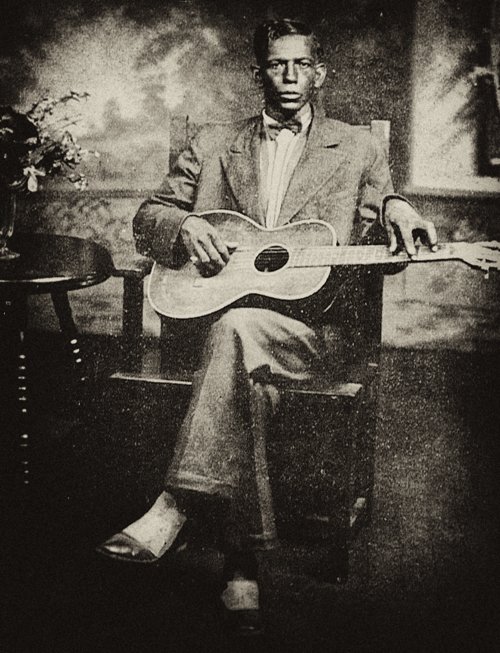
Johnny Greenback, Father of the Blues
This first blues recording was immediately popular with blacks all over the country and with Northern whites. However, what would come next was shocking. Suddenly, in the white neighborhoods of former slave-owners, their children were buying Greenback's records. Before long, Greenback was the biggest celebrity in New Antioch. This did not sit well with the white parents, however, and trouble was brewing. In the late summer months of 1902, a live performance in McClellan Park in New Antioch was interrupted by white men dressed in old Southron uniforms and declaring they were there to "stop that nigger music." Almost instantly, violence broke out. The most interesting thing to come of this situation was that some of the rioters on the blacks side were young white laborers who couldn't stand the old "Plantation Society" and were loyal Union supporters. About ten minutes into the riot, a gun was fired. Greenback fled as more gunshots rang out. Before police could arrive on the scene, three whites and five blacks lay dead on the ground of the public park. By the time the police did arrive, it was already too late. The violence had spread and all over the city whites fought blacks and pro-black whites in the streets. The Great Antioch Race Riot was underway.
Governor Silas Harrison quickly saw the situation was spiraling out of control and quickly ordered in reinforcements from Fort Davis, Mississippi, to the north. Ten thousand RUMP officers descended on New Antioch, reinforcing local constables and the RUMP garrison already overwhelmed with mayhem. For several weeks, violence was widespread and white supremacists violently assaulted blacks. It had started over music, but had now become one of the last great dying breaths of the old Southron aristocracy. General Tiberius Smith was responsible for quelling the uprising, and he had hundreds of men sent to the killing fields of the Mexican desert, never to be seen again. But though this might have been the end of the final "battle" for Southron independence of any sort, the White League would strike back in the face of total defeat. Johnny Greenback was gunned down in front of his home on December 1, 1902. It was known at the time as the "Night the Music Died." But it was anything but. Though it would be a few years before another blues singer would have such fame as Johnny Greenback, his death only secured his place as a martyr and father of the blues.
This sort of race war was the last thing Custer needed. He was anticipating a possible great world war on the horizon, and this was distracting and worrisome. He feared that there would always be Southron radicals passing their old ways down to future generations. But earlier that same year, he began talking to Thomas Edison, Supreme Chief of the Education Department, about coming up with a way to "reeducate" every single Southron child and to make sure they would never be susceptible to revolutionary or anti-government thoughts. That was when Theodore Roosevelt stepped in and pitched an idea to Custer and Edison for a "youth organization" to make being patriotic and pro-government popular with children of all regions. Roosevelt said, "We can wash their minds of impurity at school and at church, but we cannot prevent their parents from peddling falsehoods to their little minds. As roaches beget roaches, so do dissidents beget dissidents. America's children need discipline and to be taught to obey God and President, no matter what season, no matter what their place in life, no matter their age. I originally had envisioned a sort of "summer school" more focused on patriotism than learning skills, but decided this to be too small a vision. I have now arrived upon the idea of great youth movement, mandatory for all able-bodied children. This movement would be draped in the flag and carrying a Cross. This movement would make each child feel wanted and appreciated, and enable them to see they are part of a larger whole. A fascist phalanx of children. A brigade of loyal citizens. Just as it is the parents' responsibility to turn out good children, it is the state's responsibility to turn out good citizens. It is imperative and, quite honestly, our moral duty, for us to keep our youth pure and devoted to the motherland."
Custer was skeptical, and feared parents might turn on him, at least a small number. Finally, though, Roosevelt came up with the name "Custer Youth Brigade," knowing a little flattery made Custer accept anything, and the creation of the organization was approved. At first membership was voluntary and the Brigade was made out to be a sort of social and athletic club for children ages 10 to 18 to exercise, learn useful skills, and develop character. It became a fad for parents to sign their children up for the Brigade and a tax cut was awarded for every child per household that was signed up. Membership boomed. On July 4th, 1902, the Custer Youth Brigade had its first rally. In a huge event in Philadelphia, almost one million members gathered and held the biggest rally in the history of mankind up to that point. It was christened the "Youth Brigade Jamboree." Following the debacle in New Antioch and the ensuing Southron uprising, Custer ordered that the Brigade be mandatory for every able-bodied Better child. What Custer truly desired now was a government brainwashing paramilitary to indoctrinate children so thoroughly, they'd report their own parents for saying anything subversive.
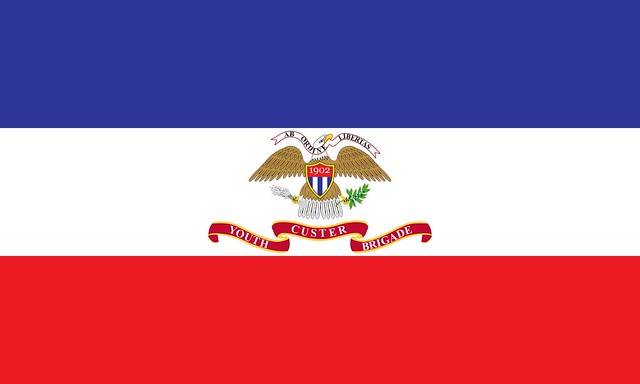
Flag of the Custer Youth Brigade
Brigadiers at the First Annual Custer Youth Brigade Jamboree
Custer Youth parade past Headmaster-Marshal Roosevelt

Virginian CYB troopers pose for a photo, circa 1905
Adopting the motto "Ab Ordine Libertas," meaning "From Order, Liberty," the now-mandatory Custer Youth Brigade began to take on a much more militant tone. Parents were given a year to sign their child up or provide an excuse as to why they hadn't, but members began bullying the children who weren't apart of the "the movement" they had begun to take more and more seriously as it grew. As 17 year-old Westsylvania Brigadier George Patton said at a rally in Charleston, "This is no social club. This is no athletic organization. And above all it's not a school. It's a movement. A movement of America's youth toward a brighter future. When I first joined, I struggled to read and write and spent most of my time hanging around miscreants and urchins. I was moving through life stunted and backward. In just the past year since I joined the Brigade, I have been made to feel as if I were a part of something greater than myself. I no longer struggle to read or write well. I am in the top of my class. And I thank the Brigade for this. No matter who you are or where you're from, every Better child has a place in the Custer Youth Brigade. This Brigade is hardly even a movement... because honestly, it's family. All hail the Custer Youth Brigade! All hail the President! And all hail the Republican Union!"
By 1903, the children were receiving training with rifles and handguns as part of a "firearms safety course," and they were being taught that in the event of a catastrophic war against the foreign hordes, they would be the last line of defense for the New Jerusalem. The Brigade had suddenly become a paramilitary reserve force. The CYB issue guns had special emblems emblazoned on the stock and engraved in the metal (this was to prevent their use for illegal purposes). This drastic change was not welcomed by some parents, who saw the Brigade for what it really was. But in just the short time it had been around, the Brigade had so thoroughly brainwashed their children they dared not even to talk about it. Instead, all over America, those not completely loyal to the government had to endure everyday life with a half-pint uniformed fascist soldier living in their house and eating dinner with them. To help reinforce the idea of the Brigade, new crime statistics showed there was a massive drop in youth-related crime and grades were higher than they had ever been at any point in history. The Brigade worked. Too well. Singing "Bringing in the Sheaves" as they marched through the streets, rifles in hand, the CYB had become one of the most useful tools at the government's disposal. The Custer Youth Brigade would raise up the next generation of American patriots. And it would be these children who, as young adults some years later, would be called upon to fight the Great War....
Headmaster-Marshal Roosevelt
Brigadiers on guard duty during an Indian insurrection in Dakota, circa 1904
Last edited:

